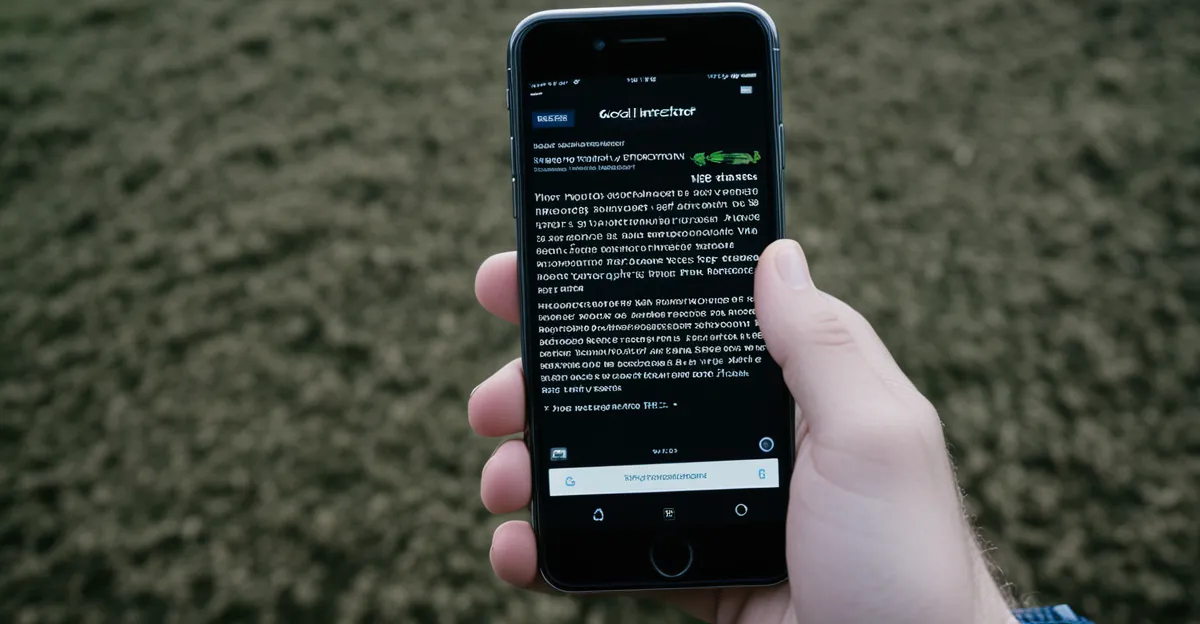Technology Shaping Everyday Communication in the UK
Technology and social interaction have rapidly evolved in the UK, primarily driven by the rise of smartphones and instant messaging. These tools now form the backbone of daily digital communication UK, enabling Britons to connect instantly across distances. Messaging apps such as WhatsApp and platforms like Facebook Messenger dominate social exchanges, reflecting a major shift from traditional phone calls to text-based instant communication.
UK social media usage further shapes how individuals relate. Platforms like Instagram, Twitter, and TikTok influence not just what British people share but also how they express identity and maintain relationships. These networks have blurred lines between public and private communication, amplifying the speed and reach of messages across diverse groups.
Topic to read : How Can the Latest UK Technology Innovations Impact Our Daily Lives?
Importantly, the adoption of these technologies varies by generation in the UK. Younger demographics show near-universal reliance on digital tools for everyday communication, while older adults often prefer in-person interactions or more traditional media. This generational divide impacts social norms, potentially affecting cross-age communication and understanding.
Overall, digital communication UK is marked by accelerated exchanges, new social dynamics, and diverse technology adoption patterns that continue to redefine British social interaction.
In parallel : How Will UK Technology Shape the Future of Healthcare?
Social Media’s Impact on Building and Maintaining Relationships
Social networks profoundly shape online relationships UK by connecting people across geographic and social boundaries. Platforms like Facebook and Instagram enable users to maintain ties with friends and family even when separated by distance. This ease of connection reinforces existing relationships and helps form new ones, thereby expanding social circles in ways previously impossible.
However, the impact of UK social media usage on traditional face-to-face communication is complex. While instant messaging and posts sustain interactions, they can also reduce opportunities for in-person conversations, potentially weakening depth and nuance in relationships. Studies suggest that overreliance on digital interactions may strain interpersonal skills and emotional closeness within families.
The UK social media impact extends into family dynamics, where shared online spaces can either foster open dialogue or create misunderstandings due to lack of contextual cues. For example, generational differences in platform preferences sometimes cause communication gaps, emphasizing the need to balance digital and real-world engagement.
Understanding these nuances highlights that technology and relationships are intertwined. Social media is a tool that, used thoughtfully, can enhance connection, but requires conscious effort to maintain meaningful, face-to-face ties amid growing digital interaction.
Digital Platforms and the Transformation of Work Life
Technology and social interaction in the UK have significantly reshaped workplaces through the rise of remote work UK. Driven by digital platforms, employees now work from home or hybrid settings more than ever, changing traditional office norms. Tools like Microsoft Teams, Zoom, and Slack exemplify digital platforms workplaces rely on for daily communication and project collaboration.
These technologies boost productivity by enabling real-time messaging, file sharing, and virtual meetings, which support seamless coordination even when teams are geographically dispersed. However, balancing work–life boundaries has become a common challenge for many UK professionals. Constant connectivity can blur when work ends and personal time begins, raising concerns about burnout.
Despite the benefits, adapting to workplace technology trends UK requires intentional strategies. Companies invest in training and policies to help employees manage technology use effectively, ensuring both efficiency and wellbeing. As digital communication UK grows, it remains essential for workplaces to foster healthy habits. This ongoing transformation underscores the profound impact of technology and social interaction on the future of work in the UK.






